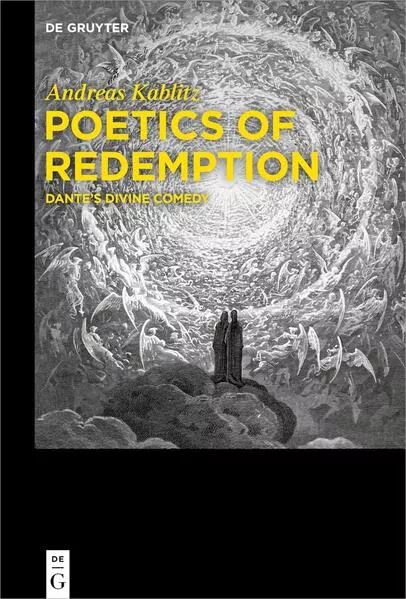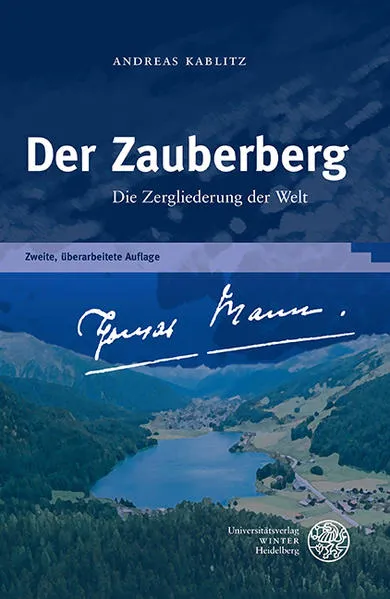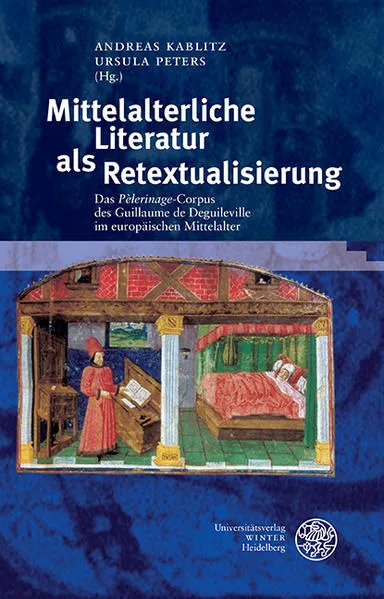
- Publikationen ca: 6
- Buchbewertungen ca: 2
- Fragen & Antworten
Andreas Kablitz
Andreas Kablitz, Universität zu Köln / Petrarca-Institut, Köln.
Poetics of Redemption
The essays on Dante collected in this volume interpret his Commedia as the attempt of a renewal of the Christian work of salvation by means of literature. In the view of his author, the sacro poema responds to a historical moment of extreme danger, in which nothing less than the redemption of mankind is at stake.
Poetics of Redemption
The essays on Dante collected in this volume interpret his Commedia as the attempt of a renewal of the Christian work of salvation by means of literature. In the view of his author, the sacro poema responds to a historical moment of extreme danger, in which nothing less than the redemption of mankind is at stake.
Poetics of Redemption
The essays on Dante collected in this volume interpret his Commedia as the attempt of a renewal of the Christian work of salvation by means of literature. In the view of his author, the sacro poema responds to a historical moment of extreme danger, in which nothing less than the redemption of mankind is at stake.
Poetics of Redemption
The essays on Dante collected in this volume interpret his Commedia as the attempt of a renewal of the Christian work of salvation by means of literature. In the view of his author, the sacro poema responds to a historical moment of extreme danger, in which nothing less than the redemption of mankind is at stake.
Der Zauberberg
‚Die Zergliederung der Welt‘: Wie der Untertitel dieses Buches anzeigt, steht in seinem Mittelpunkt die Rekonstruktion von Thomas Manns ‚analytischem Erzählen‘ im ‚Zauberberg‘. Verstanden ist darunter eine narrative Darstellung, die gleichbedeutend mit einer rationalen Analyse des Dargestellten ist.
Mittelalterliche Literatur als Retextualisierung
Der Zisterzienser Guillaume de Deguileville hat mit seiner in den Jahren 1330/31 entstandenen Traumallegorie 'Le Pèlerinage de vie humaine', einer geistlichen 'Pilgerschaft des menschlichen Lebens', nicht nur eine ambitionierte Umschreibung des berühmten 'Rosenromans' vorgelegt, sondern - gut 25 Jahre später - mit seiner Überarbeitung dieses Textes, der sog.





